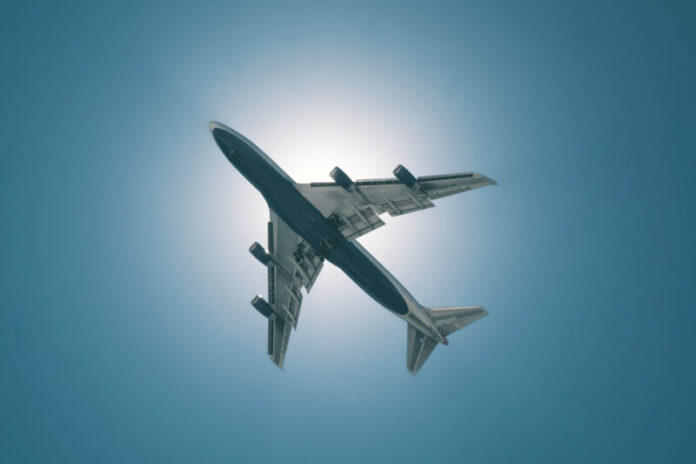
-
As jet prices further decline, the Civil Aeronautics Board downgraded the passenger and air cargo fuel surcharge airlines may impose for February 2023
-
The fuel surcharge will be at Level 6 from Level 7 in January
-
Level 6 rates for passengers range from P185 to P665 per one-way domestic flight, and P610.37 to P4,538.40 one-way international flight
-
For cargoes, Level 6 rates range from P0.95 to P2.78 per kilogram on a one-way domestic flight, and from P3.14 to P23.33 per kg on a one-way international flight
February air fares are expected to drop due to lower fuel surcharge being imposed by the Civil Aeronautics Board (CAB) for next month.
As jet prices continue to decline, CAB downgraded to Level 6 the passenger and air cargo fuel surcharge from Level 7 in January and Level 8 in both November and December 2022.
In an advisory dated January 16, CAB executive director Carmelo Arcilla said the price of jet fuel for the review period covering December 10, 2022 to January 9, 2023 averaged P38.92 per liter, which corresponds to Level 6 of the passenger and cargo fuel surcharge matrix under CAB Resolution No. 25.
The jet fuel price in the previous review period in November to December 2022 was higher at an average of P41.50 per liter.
Airlines wishing to impose or collect fuel surcharge for February must file their application with CAB on or before the effectivity period, with fuel surcharge rates not exceeding the stated level. For fuel surcharge to be collected in the equivalent currency, the applicable conversion rate for the period is $1 is to P55.60.
Under CAB Resolution No. 25, Level 6 rates for passengers range from P185 to P665 per one-way domestic flight, and P610.37 to P4,538.40 one-way international flight.
For cargoes, Level 6 rates range from P0.95 to P2.78 per kilogram (kg) on a one-way domestic flight, and from P3.14 to P23.33 per kg on a one-way international flight.
CAB in May 2022 adopted CAB Resolution No. 25, which provides the revised policy on fuel surcharges, which now includes a matrix for cargo. The fuel surcharge matrix ranges from Level 0 to 20.
Resolution No. 25 revises Resolution No. 46 (passenger fuel surcharge for domestic and international flights adopted in June 2021), which was reviewed and evaluated by CAB this year in light of the continuous escalation of jet fuel prices in the global market, and the foreign exchange rate.
CAB said the review showed fuel surcharges was made only applicable to passengers, which is one component in a combination service (passenger and cargo operations).
Resolution No. 25 said a cargo fuel surcharge matrix may be provided given that the volatility of jet fuel prices also affects cargo operations as a component of combination service wherein cargo is carried in the belly-hold capacity of a passenger aircraft.
Under the policy, the applicable fuel surcharge will be determined based on a one-month average of jet fuel Mean of Platts Singapore prices in its peso per liter equivalent, and will be fixed for immediately succeeding month. This will be the ceiling rate for fuel surcharge.
The applicable fuel surcharge will be evaluated every month and will be announced 15 days prior to its effectivity. Previously, the applicable fuel surcharge was determined based on a two-month average and implemented for two months.
Resolution No. 25 notes that airline fuel surcharge is an optional fee that airlines may impose and collect to recover fuel costs and stem losses caused by a spike in fuel cost.
“Fuel surcharge is not a part of the basic airfare and may be reduced or removed depending on the price of jet fuel in the market, in accordance with prevailing international practice,” the resolution said.
If the one-month price average of jet fuel per liter falls below P21, no fuel surcharge will be collected.
The passenger fuel surcharge level in effect on the day of ticketing should be applied, and should be the same for all passengers, excepts infants without seats. The applicable surcharge should be collected per passenger and per segment.
For cargoes, the fuel surcharge should be applicable only for cargo carried in the cargo hold of an aircraft used for combination services. Such cargo must be covered by an airway bill.
Cargo fuel surcharge should be collected based on the actual weight (as opposed to chargeable weight) carried per segment. Cargo fuel surcharge should not be levied on a passenger’s check-in baggage.
For international flights originating from the Philippines, the fuel surcharge may be imposed in any equivalent foreign currency.




